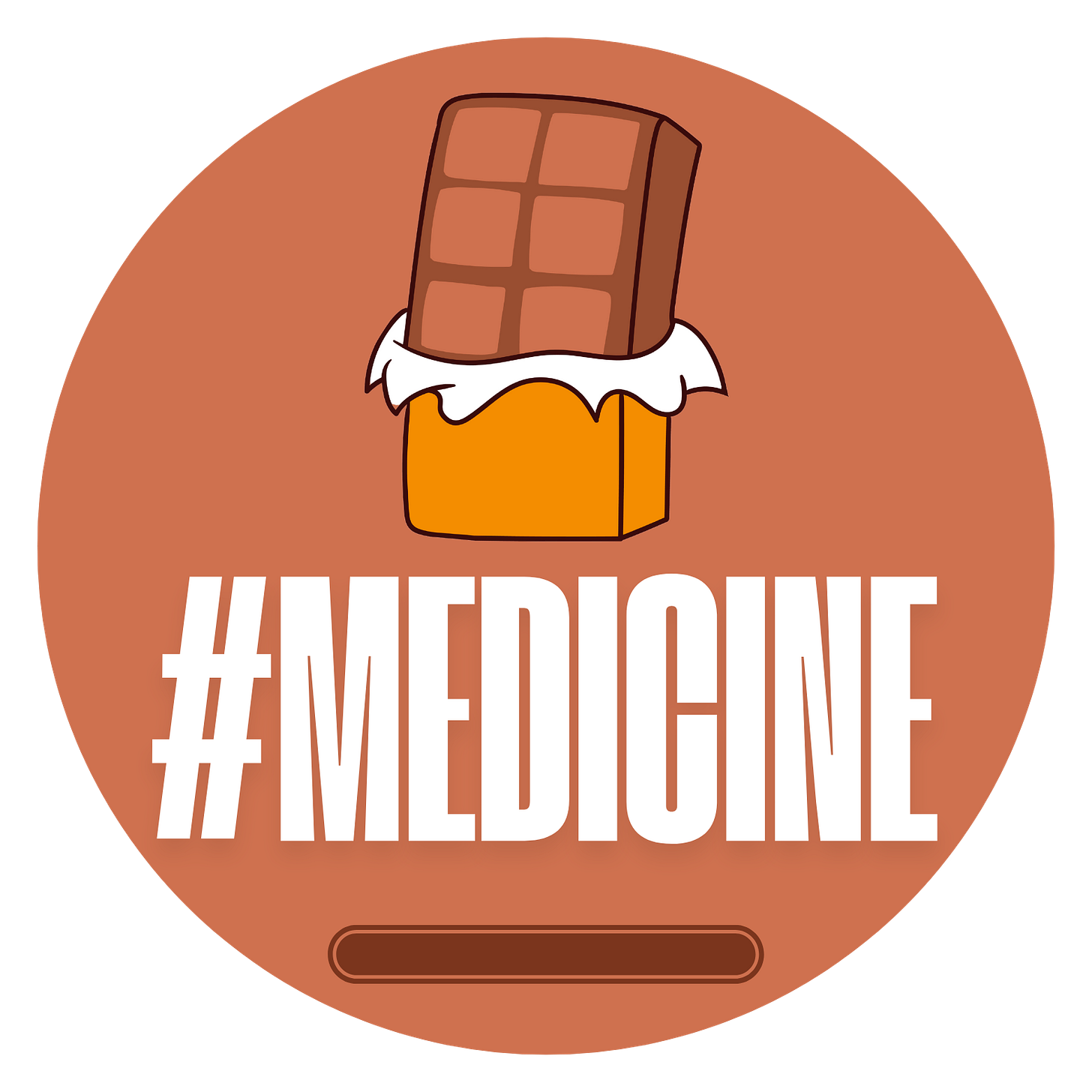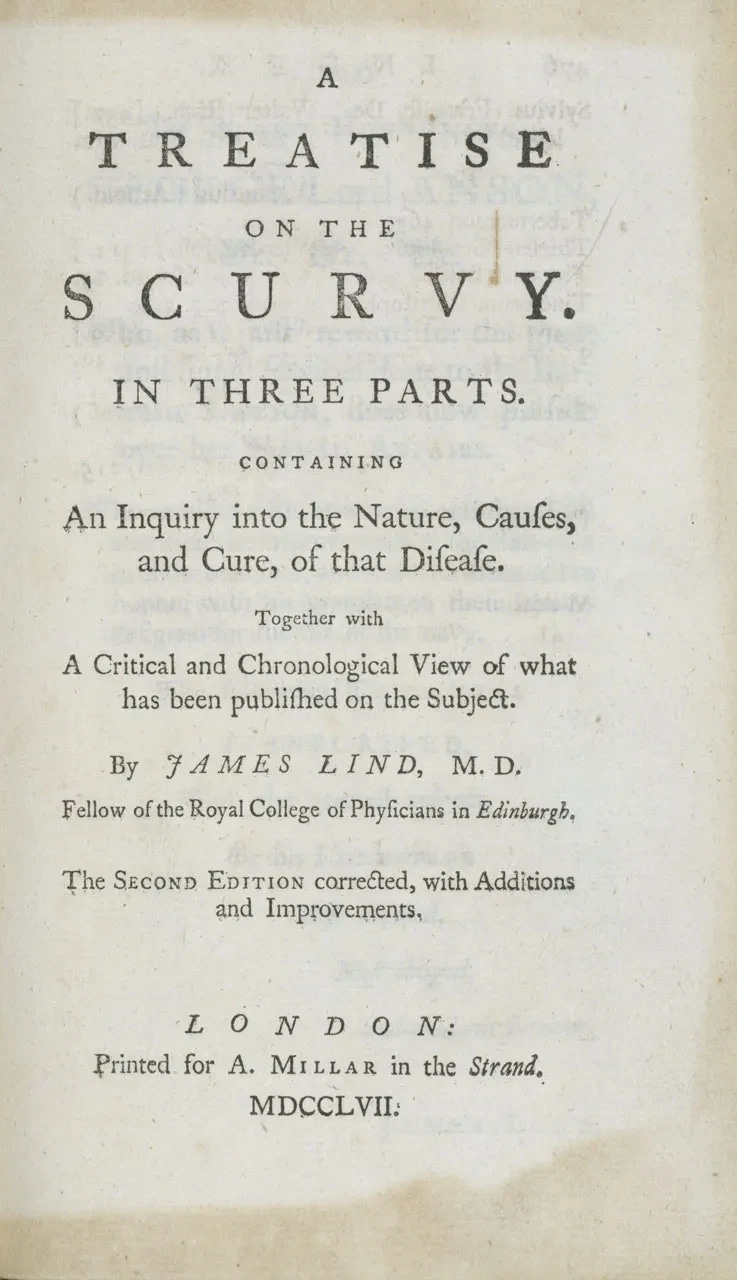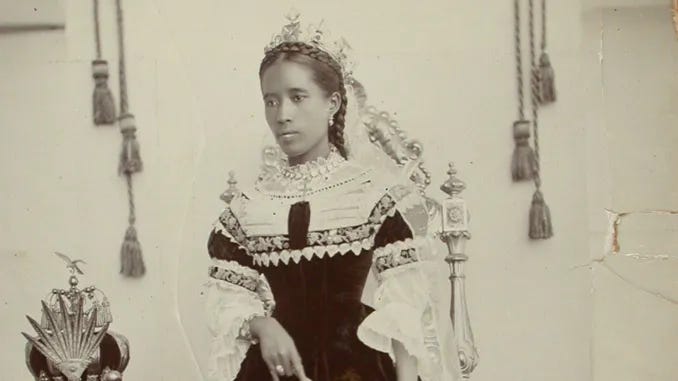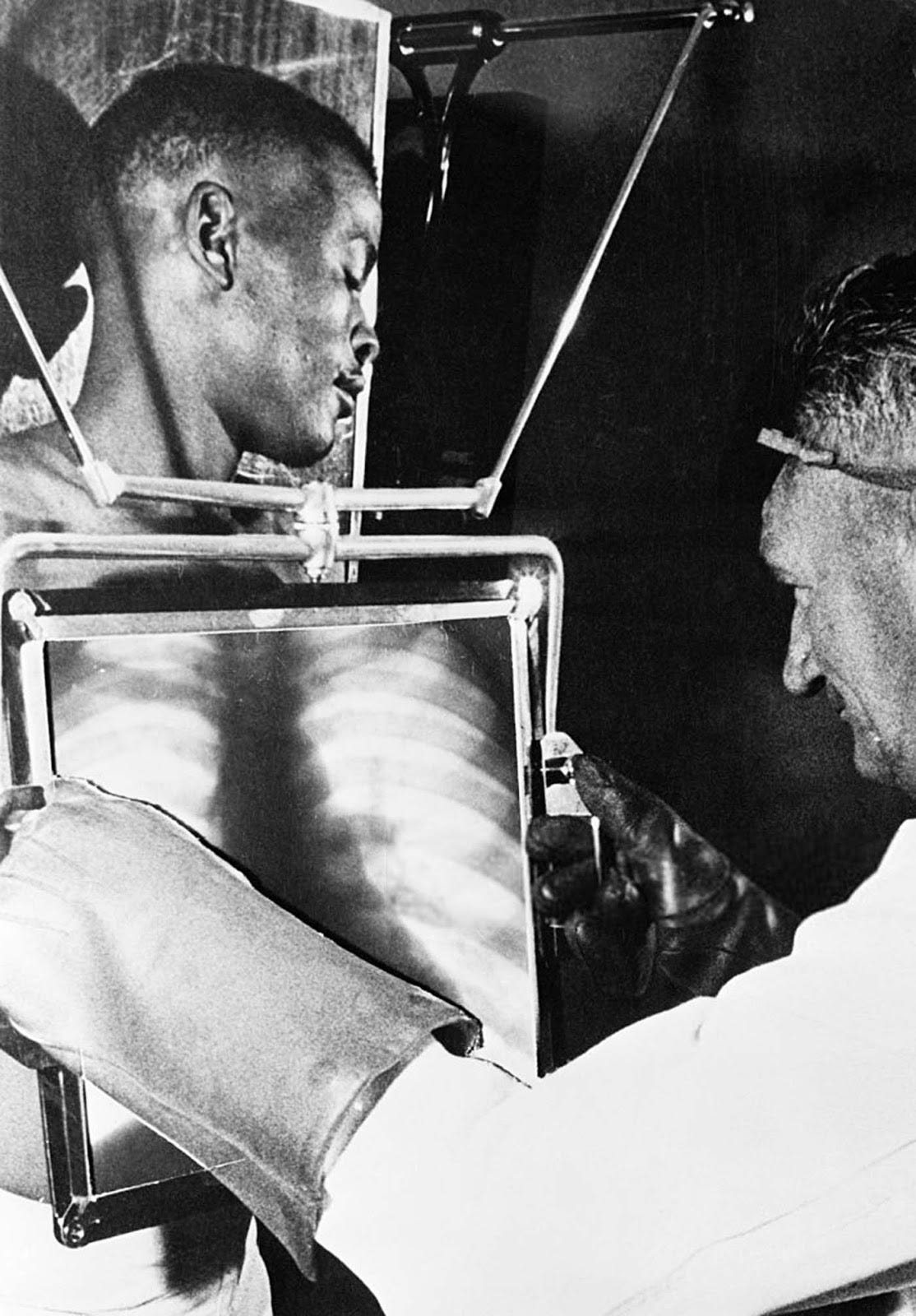SCURVY: A NIGHTMARE AT SEA
Papal Visit, Train Robbery, The Last Queen, and Cheryl Strayed.
BOC#040
4 MINUTE MUNCH
TITLE PIECE: FINDING A CURE FOR SCURVY…
Today we know that scurvy is a deficiency disease caused by a lack of vitamin C and the subsequent breakdown of our body’s natural glue, known as collagen. This knowledge would take centuries to enter the folios of medicine, however, with life at sea endlessly plagued by that cruel and indiscriminate killer of captain and sailor alike.
On long seafaring voyages fresh fruit and vegetables were all but absent, resulting in a deficiency that saw the body’s connective tissue degenerate. From bone to cartilage to blood vessels, the body essentially starts falling apart. As cells break down and the nervous system stops working, joints swell up and teeth fall out.
For much of history, scurvy was a sailor’s worst nightmare, and was indirectly responsible for more deaths at sea than storms, combat, shipwrecks, and all other diseases combined. As a matter of fact, many a shipwreck were caused by sailor’s inability to haul ropes and climb rigging due to weakness caused by the debilitating disease.
The infamous explorer Vitus Bering (See: Bering & Peter the Great see also: Alaska) fell victim to scurvy while at sea, and while it was once believed that he died from the disease, it is now believed that he in fact died of heart failure.
Scurvy affected the voyages of some of the most famous explorers in the age of seafaring such as that of Jacques Cartier, Vasco da Gama, Francis Drake, Ferdinand Magellan, and Louis-Antoine.
Captain James Cook is famed for his strict cleanliness regime and the forbidding of sailors from drinking boiling broth of fat from the top of copper cooking pans. When the fat came into contact with the copper, it caused stomach upset and reduced the sailors ability to absorb vital vitamins. During his circumnavigation of the world (1768–1771), nobody aboard Cook’s ship is known to have died from scurvy.
Many a physician committed to exploring the causes of scurvy postulating a range of causes from foul vapors, dampness, an excess of black bile laziness, copper poisoning, heredity, and blocked perspiration. These were based on humoral theory which was yet to be displaced by the likes of germ theory and other more accurate scientific advances over the decades. Cures for balancing the humors included purging with saltwater, bloodletting, putting hydrochloric acid in drinking water, smearing mercury paste on open sores, drinking dealcoholized beer, and other ineffectual but politically palatable or economically feasible solutions. The earliest meaningful antidote came in 1601 when James Lancaster began prescribing lemon juice.
In Black Box Thinking, Matthew Syed writes:
In 1601, Captain James Lancaster, an English sailor, performed an experiment on the prevention of scurvy, one of the biggest killers at sea. On one of four ships bound for India, he prescribed three teaspoons of lemon juice a day for the crew. By the halfway point 110 men out of 278 had died on the other three ships. On the lemon-supplied ship, however, everyone survived.
Lancaster’s work didn’t quite catch on, however, and it would take another 300 years for the virtues of vitamin C to be understood. While Captain Cook and James Lancaster were able to reduce cases of scurvy aboard their vessels, it wasn’t until the 18th century that naval surgeon James Lind carried out the first controlled experiments in which he put the lime hypothesis to the test.
Having published his findings in 1753, they wouldn’t be actioned until 1795.
During the Napoleonic Wars in the 1790s the physician Sir Gilbert Blane, a supporter of Linds work, convinced the Royal Navy to introduce a daily dose of lime juice to all British mariners mixed in with their rum. This newly introduced systematic consumption of lime juice seemed to have resolved outbreaks of scurvy aboard the Royal Navy’s fleets. British sailors have since been known as ‘Limeys’.
DID YOU KNOW
The Origins of ‘Hear Hear’
‘Hear Hear’ is often used in political circles to agree with something being said (you’ve probably heard it plenty while watching PMQs on a wednesday afternoon).
Originally, any disagreement with a speaker, either in the House Commons or the House of Lords, would be expressed by loud humming from those with opposing views in an attempt to drown out a speech being made. But members in favour of the speaker would call for those humming to listen by shouting ‘hear him, hear him’. This phrase eventually evolved into ‘hear hear’ over the years.
ON THIS DAY: 6th OCTOBER
Pope John Paul II became the first pope to visit the White House on this day in 1979. Two other popes followed suit; Pope Benedict XVI in 2008, and Pope Francis in 2015.
The notorious Reno Gang carried out the first known peacetime train robbery on this day in 1866. The gang broke into the express car, grabbed the messenger, bashing him savagely before throwing him off the train (he later died). The thieves then broke into all the safes on board, emptying them of gold, cash and bonds. They got away with more than $90,000, the biggest train robbery at the time.
Setting off in 1994, the English explorer Jason Lewis completed Expedition 360 on this day in 2007, becoming the first person to circumnavigate the globe using human propulsion alone i.e. Bicycles, in-line skates, kayaks, swimming, rowing, walking and a unique pedal-powered boat.
PHOTOS OF THE WEEK:
Madagascar’s last Queen, Ranavalona III, who was dethroned by the French and exiled to Algiers in 1897.
1954: A De Beers diamond mine worker being X-rayed for diamonds at the end of his shift at the Kimberley diamond mines in South Africa. Read about how the De Beers company was formed here.
BOOK PASSAGE: TINY BEAUTIFUL THINGS BY CHERYL STRAYED.
“I’ll never know, and neither will you, of the life you don’t choose. We’ll only know that whatever that sister life was, it was important and beautiful and not ours. It was the ghost ship that didn’t carry us. There’s nothing to do but salute it from the shore.”
MISSED LAST WEEK? READ: Who Was Ibn Taymiyyah?














It's amazing that anyone even signed up for ocean voyages back when scurvy killed so many. Seems like it would've been a huge deterrent. Thanks for writing this!
Cartier and his men were introduced to herbal tea by the indigenous population of Québec, which cured their scurvy. No lemons in Canada at the time I guess.